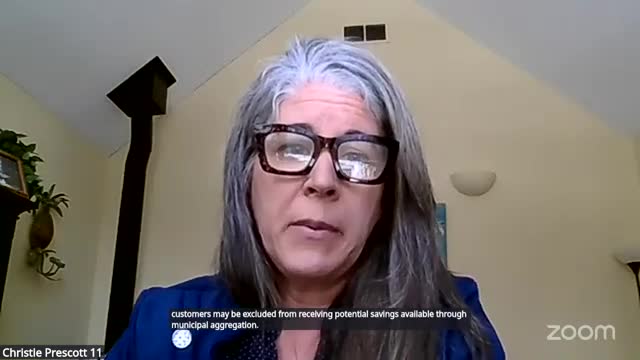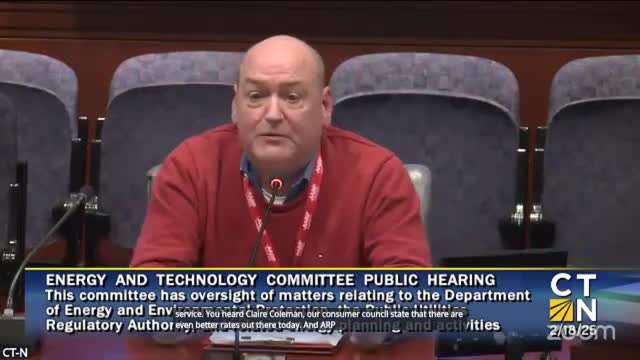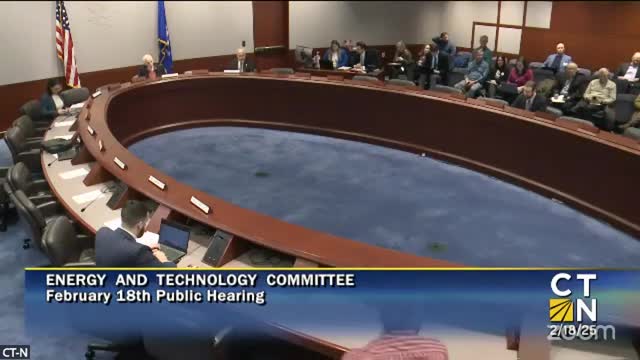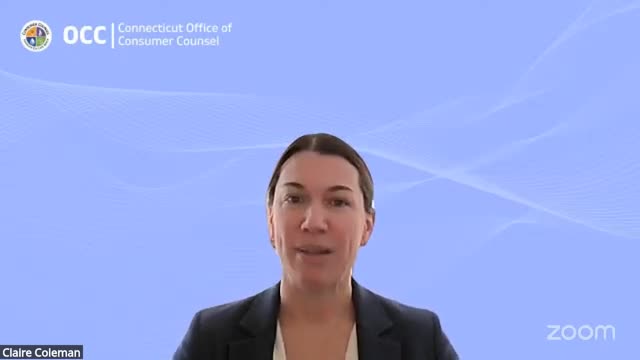Article not found
This article is no longer available. But don't worry—we've gathered other articles that discuss the same topic.

Advocates press for home energy labels; industry urges use of existing national metrics

Lawmakers hear competing views on AI/data-center growth, energy demands and the need for state standards

Advocates press panel for funding to remove health-and-safety barriers that block weatherization for low-income households

Supporters push grants, clarify utility role for thermal energy networks as pilot projects move forward

